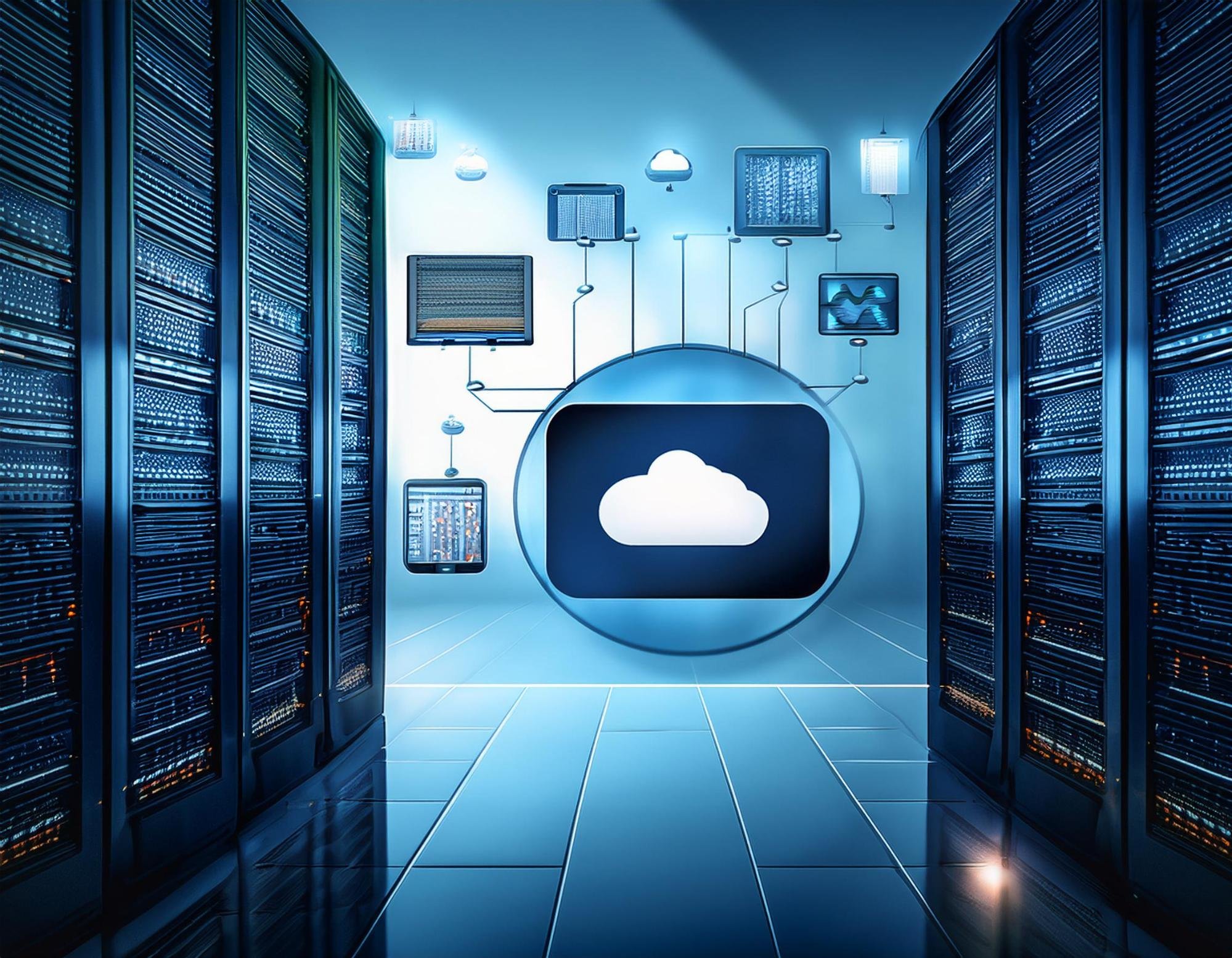The Rise of Hybrid Supercapacitors: A Key Device for Next-Generation Data Centers

Data centers are crucial components of modern society's digital infrastructure. Their importance has grown even more with the evolution of AI technology. AI model training and inference require enormous computational resources and demand a constant and stable power supply. Particularly during complex model learning phases or large-scale parallel processing, power consumption peaks occur, causing sharp increases in data center power demand. Maintaining an uninterrupted and stable power supply even under such fluctuating loads has become a critical challenge in AI development and operation.
However, ensuring power stability in data center operations is not straightforward, especially given the risk of operational interruptions due to power surges or grid failures. Against this backdrop, Hybrid Supercapacitors (HSCs) are gaining attention as a new solution to replace conventional lithium-ion batteries.
1. What are Hybrid Supercapacitors?
Hybrid Supercapacitors (HSCs) are next-generation energy storage devices that combine the advantages of conventional storage technologies. HSCs use activated carbon for the positive electrode, similar to electric double-layer capacitors, and carbon materials for the negative electrode, akin to lithium-ion batteries. Through a unique design involving lithium-ion pre-doping, HSCs achieve both high power density and energy density. This allows HSCs to handle instantaneous power supply needs requiring high output while also realizing improved energy density.
2. Longevity and Safety of HSCs
Another crucial feature of HSCs is their long lifespan. HSCs can operate at higher cell voltages than conventional electric double-layer capacitors (EDLCs) and offer excellent high-temperature durability. This is due to a design that suppresses the increase in positive electrode potential by lowering the negative electrode potential through pre-doping. This design inhibits negative electrode degradation, maintaining high durability even after repeated charge-discharge cycles. As a result, HSCs enable reliable power supply over extended periods, significantly reducing maintenance frequency.
Furthermore, HSCs have a lower ignition risk and higher safety than lithium-ion batteries. While the metal oxides used in lithium-ion battery positive electrodes can potentially cause thermal runaway reactions in abnormal conditions, HSCs avoid this risk by not using oxides in their positive electrodes. This makes HSCs suitable for safe and stable operation in environments requiring 24/7 uptime, such as data centers.
3. The Role of HSCs in Data Centers
The introduction of HSCs brings significant benefits, especially in AI data centers. AI training and inference often involve rapidly fluctuating computational loads, leading to significant variations in power demand. In such situations, HSCs' high power density and fast charging capabilities are highly effective. HSCs can charge up to 80% of their capacity in just 20 seconds, enhancing power supply stability.
Moreover, the long lifespan and high durability of HSCs reduce the need for backup battery stockpiling and frequent battery replacements, substantially cutting management costs. Compared to conventional lead-acid or lithium-ion batteries, HSCs maintain reliable power supply over extended periods, improving data center operational efficiency.
4. Challenges and Future Prospects for HSC Adoption
While HSC adoption offers many benefits, cost remains a challenge. As a new technology, HSCs tend to have higher initial costs compared to conventional battery technologies. However, long-term operational cost reductions and decreased maintenance are expected to outweigh the initial investment.
5. Conclusion
As demand for AI data centers surges, the evolution of power protection technology is an unavoidable challenge. Hybrid Supercapacitors are increasingly seen as a key device for next-generation data centers due to their high power and energy density, longevity, and safety. As technical and economic challenges are overcome and HSCs become widely adopted, the reliability and sustainability of data centers will significantly improve, further accelerating the evolution of AI technology.
The impact of new energy storage technologies centered on HSCs on data center operations will continue to be a focus of attention in the future.
* Please understand that the description in this blog includes interpretations based on the author's experience and subjective opinions. In addition, the technical information contained in this blog does not grant any guarantee or license to the intellectual property rights or other rights of the Company or a third party.
